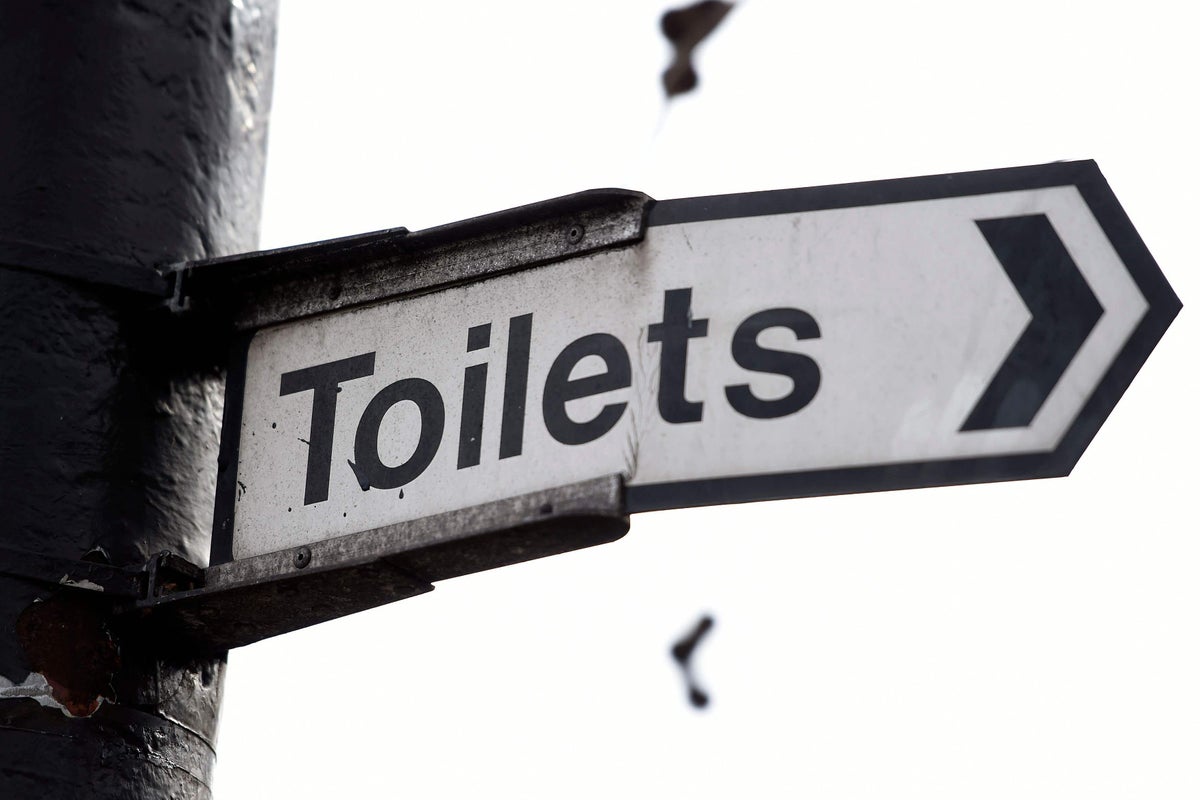
Trans employees might be asked to use disabled toilets at work, after the Supreme Court’s ruling on the legal definition of a woman, employment solicitors have said.
The comments follow the judgment by the UK’s highest court on Wednesday, that the definition of a woman in equality law is based on biological sex, meaning transgender women with a gender recognition certificate (GRC) can be excluded from single-sex spaces if “proportionate”.
The issue could lead to trans workers having to use either unisex toilets or, if there are none in place, disabled toilets, two employment solicitors said.
Meanwhile, the head of the equalities watchdog has suggested trans rights organisations could push for more neutral third spaces to accommodate trans people.
Businesses will likely have to review and change policies, including on toilets, in light of the Supreme Court ruling, according to lawyer Peter Byrne, head of employment law at Slater and Gordon.
He said: “Lots of businesses are going to have to redraft policies around same-sex toilets.”
He said that while previously an employee might have been asked which toilet they felt comfortable using, “that option is probably going to disappear”.
“My personal view is, in reality you’re going to end up asking them to use disabled toilets,” he added.
Emma Bartlett, partner and diversity, equality and inclusion lead at law firm CM Murray, said trans employees could potentially end up having to use toilets on different floors at work.
She said: “I think the main issue for an employee who’s a trans person, if they are required to use a unisex toilet, rather than being able to use the toilet of the gender that they identify with, is that the unisex toilet might not be on the same floor that they work on, or there may not be a unisex toilet.
“And so they may have to use the disabled toilet, and the disabled toilet might be in a different building, or might be five floors away.
“And so their ability to just be efficient during their working day could be lost, and they will say that their dignity is impacted by that.
“And that’s going to be difficult.”
She said this issue could potentially “trigger some satellite litigation” in the form of tribunals, but that the next question to be answered will be who they are compared with, to determine if there has been discrimination.
She added: “Is their comparator a man or a woman, or is their comparator, if they are identifying as a trans woman, a trans man?
“Because the trans man is going to be treated exactly the same way as a trans woman, in which case, the claim doesn’t get off the ground.
“And so the first question is, well, who’s the right comparator?”
More generally, Mr Byrne said his advice to his commercial clients will be “tread carefully”.
“Every single business will have its own policy in place, you need to look at each individual policy and where that needs to be changed,” he added.
He said businesses will need to look at their policies “very quickly”.
Equality and Human Rights Commission (EHRC) chairwoman Baroness Kishwer Falkner said there is no law against organisations “providing a third space, an additional space, such as unisex toilets, for example, or changing rooms”.
Asked about the risk that trans people will no longer be allowed to use facilities designed for either male or female, she told BBC Radio 4’s Today programme that trans rights organisations should push for more neutral third spaces to accommodate trans people.
She said: “There isn’t any law saying that you cannot use a neutral third space, and they should be using their powers of advocacy to ask for those third spaces.
“But I think the law is quite clear that if a service provider says we’re offering a women’s toilet, that trans people should not be using that single-sex facility.”
Spencer West employment law partner Jonathan Mansfield said a neutral third space “is the answer” but a challenge for businesses may be the layout of a building or the cost.







